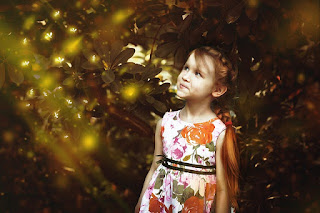 |
| Perfect fairy child I was going to have. |
 |
| Actual spirited, goofy, wonderful child I have. |
"You can't change much, but you can certainly course correct some things if you go about them the right way. There's a great book called NurtureShockabout the science of the things you can instill in your kids."
I will admit to being highly skeptical about this assertion. However, this lady had been an engineering major and was now a successful VP. I figured the book was at least worth considering and I have to say I am quite glad I did.
The book was written by science journalists who are themselves parents. They look at what science actually has to say about the things we can affect. The authors describe the studies that led scientists to their current best thinking on how children learn various types of things (persistence, problem solving, appreciation for diversity) and present parents with some heuristics for how to replicate these. In many cases, it turns out, science dictates that the path to the desired outcomes is pretty different from what my natural inclination would have been.
In the spirit of full disclosure, my daughter is still quite young and so we haven't had the opportunity to try out many of the things recommended in this book as they apply to older children. However, reading it helped center some of my thinking as to my role in her life. Well written, complete with references, and full of seemingly excellent suggestions - I really recommend this book.


